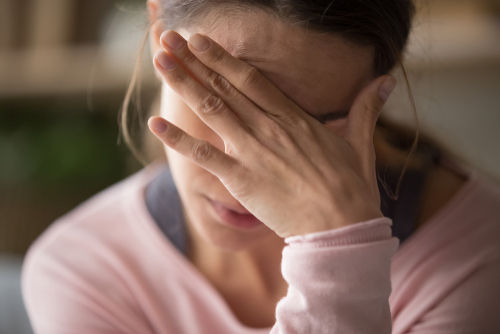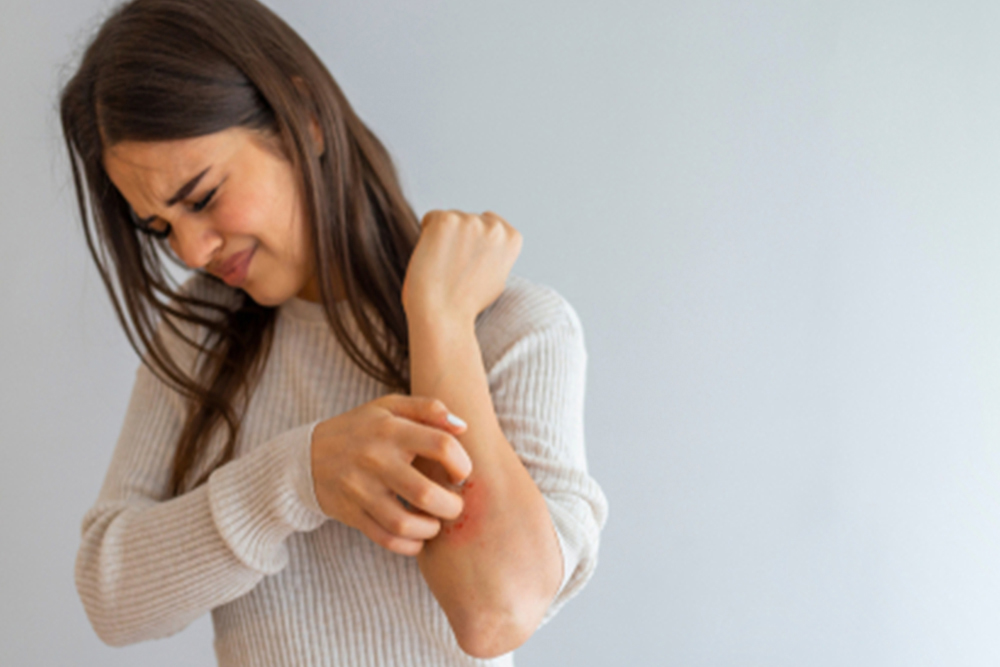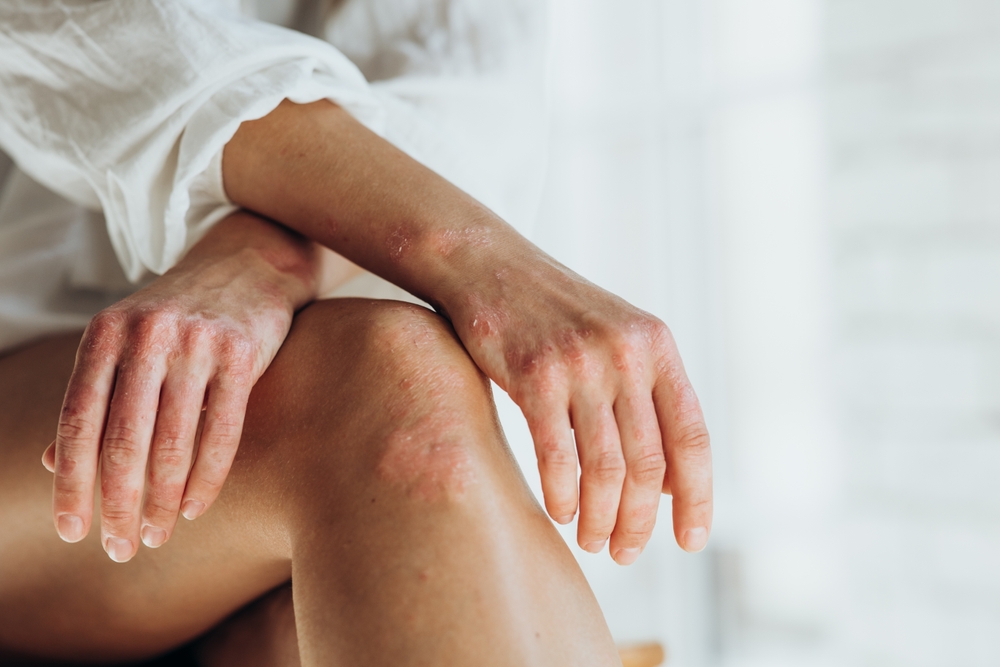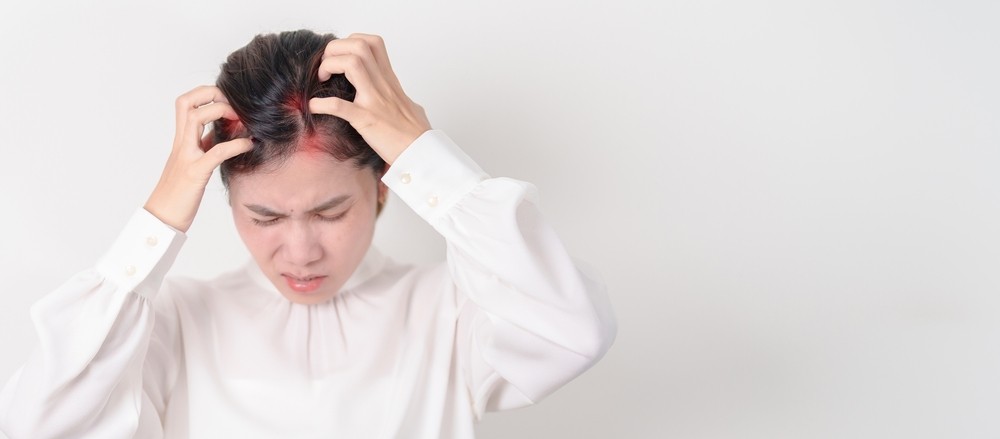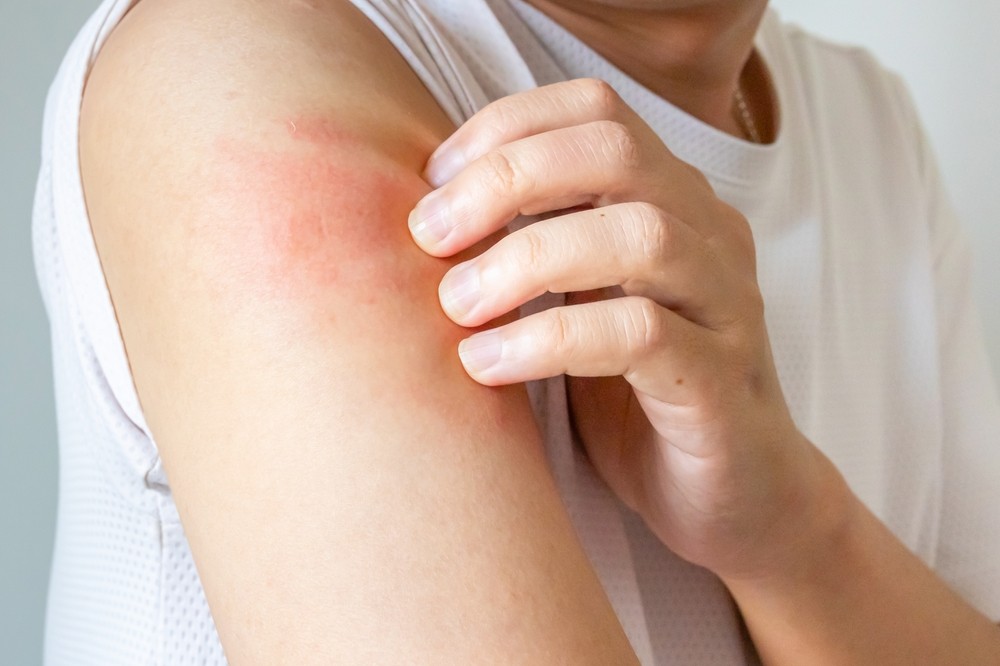A 2023 US National Health and Wellness Survey analysis of 859 adults with alopecia areata ([AA]; 59% mild, 26% moderate, 15% severe) found pervasive stigma: 79.2% reported internalized or external stigma, including embarrassment (74.6%), feeling judged (66.8%), and being treated negatively (58.7%). Comorbidities were common—40% reported symptoms of a diagnosed emotional or mental health condition in the past year and 26% reported sleep issues—yet psychosocial care was underused (≈11% counseling; ≈11% medication for AA-related anxiety, depression, or sleep problems).
Dissatisfaction with hair growth affected 42% overall, increasing with severity (32% mild; 52% moderate; 66% severe). Only 37% were on treatment, most commonly with topical corticosteroids. Systemic options were reported but limited, particularly in mild disease. Findings highlight substantial unmet needs, especially in psychosocial support and access to newer therapies. The self-reported design may introduce bias, but weighted results suggest broadly generalizable insights. Future work should test whether emerging treatments reduce stigma and examine disparities shaping disease experience and care access.
Reference: AJMC Contributor. Patients With Alopecia Report High Rates of Internal, External Stigma. AJMC. Published September 11, 2025. Accessed September 17, 2025. https://www.ajmc.com/view/patients-with-alopecia-report-high-rates-of-internal-external-stigma
Link: https://www.ajmc.com/view/patients-with-alopecia-report-high-rates-of-internal-external-stigma


